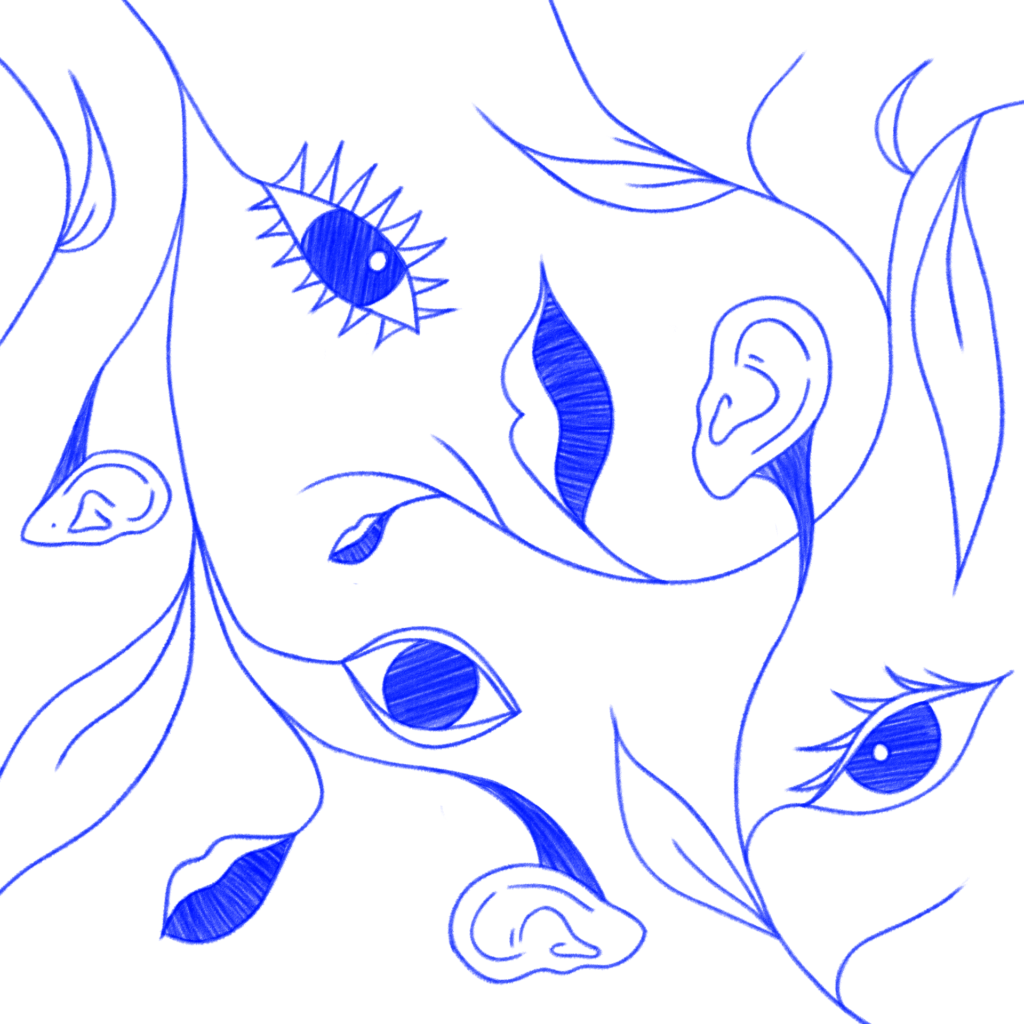MULTILINGUALISM AND AWARENESS OF CULTURAL DIFFERENCES

Ilustration: Studio Permanent
Përshëndetje! Hello! Merhaba! Zdravo! Hallo! Salve! Bonjour!
Have you ever wondered what it’s like to learn new languages and speak them?
As a 15-year-old girl, I spend my free time learning new languages and practising them. You say it’s hard? It seemed like that to me at first, but now I’m learning the seventh language. This gives many good opportunities in life both now and in the future, for yourself and for your district, country, society and country. While learning different languages can make you more aware of different cultures, you also understand more about existing differences and the importance of respecting other cultures.
Let me start with the explanation of the word “Polyglot”. A polyglot is a person who is able to speak 5 or more languages fluently. Without a doubt, a big contributor to me learning more languages is the fact that I come from Prizren. The coexistence of different ethnicities makes Prizren a rich and diverse city in terms of languages spoken, but also in terms of culture.
Now it’s the turn of the languages that I practise…Albanian is my mother tongue and also my favourite, even though it has many grammatical difficulties, it always sounds beautiful to my ears.
The Turkish language is the language I speak as my mother tongue. I grew up in an environment, city, neighbourhood and family where everyone speaks Turkish, which has a very rich vocabulary of words, each more beautiful than the other, with an amazing culture and diverse traditions.
The English language is the language that I adore for the many possibilities of synonyms, for its sweet sound and for the ease of speaking. It has helped me a lot every day in every place and every time because it is the most used language in the whole world.
The German language is the language I have been speaking for 7 years now, which has helped me to enrich my vocabulary, new accent and communication with many young people. In my society and in my city, I have helped many tourists by speaking their language.
The Macedonian language, which takes with it other Slavic languages such as Serbo-Croatian, etc. I learned it from the age of 4 where I used it a lot in neighbouring countries.
The Latin language, even though it is not spoken nowadays, has helped me in knowing the culture, the history and also in learning my latest language which is the French language.
The French language or French is the language that I have been learning for 2 months now, but it sounds like a fabulous language to me. I am the only one in my circle who is learning it, but in the future I want to practise it with speakers of this language.
When we speak many languages about ourselves in our daily life, we will have a much richer vocabulary and we will be much better narrators, our brain will work differently, we will be able to do a lot of work in it. At the same time, to communicate with many people from different countries, to help others in uncertainty, to be more productive and besides these we will have many career opportunities.
Although there are many, many positive sides, being a “Polyglot” also has some annoying sides, such as mixing or forgetting one of the languages. Knowing many versions for a single word is very difficult but by using languages in everyday life this can be avoided. Another negative side is being used as a translator in society, even though this is something good, we can’t always feel comfortable.
In my view, the opportunities that are given to a person who speaks many languages are indescribable, good for oneself, mental health and society. Everything has a bad side, but in learning new languages, the good ones dominate.
“Being multilingual is the best thing anyone can do for themselves”!
About the author: Iris Vata, 15 years old, attends high school in Prizren.
This project is supported by the Ministry of Culture, Youth and Sports

